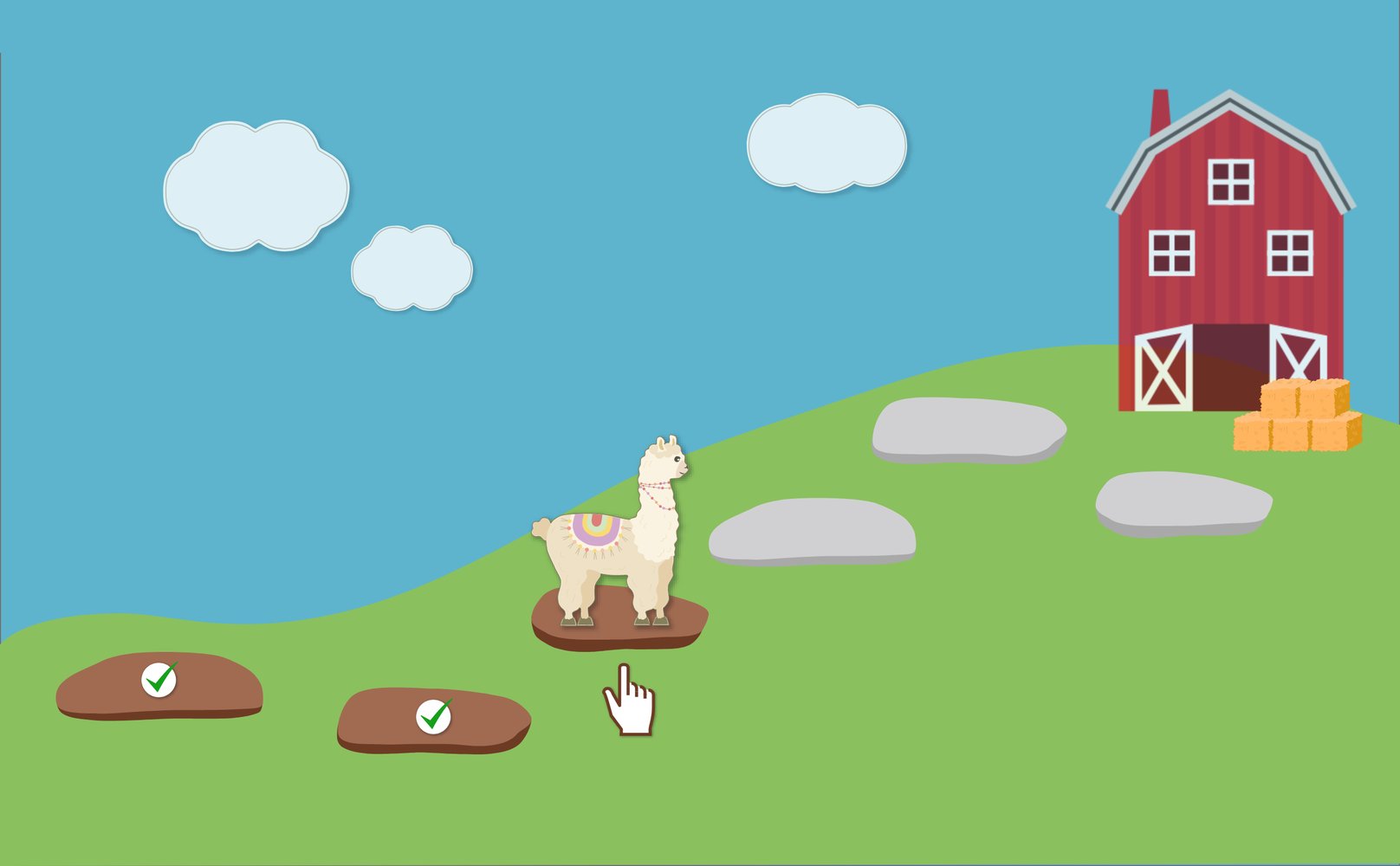
Tell me about ALPACA!
ALPACA is a tablet-based, digital tool for the assessment of phonemic awareness and letter knowledge. The easy-to-use form factor allows a child to self-administer the assessment and allows for multiple children to be assessed in one sitting, making the tool very time efficient for use by teachers.
What can I Do with Alpaca?
- Organise your pupils into classes and groups
- Administer phonemic assessments to your class
- View, analyse and share results to help different learners within your class
- View recommendations from experts in the Alpaca team on how to progress phonemic learning within your classroom
- Access resources that you can use in the classroom
Why is ALPACA the best tool for assessing Phonemic Awareness?
- Time savings for assessment
- Being able to assess ALL rather than some students
-
Moving testing from Senior Infants to Junior Infants
-
Standardised assessment versus teacher created content
-
Early intervention opportunities and cost savings vs downstream remediation
-
Freeing up SET time to work on supporting rather than diagnosing
-
Evidenced-based recommendations for interventions and student support
- Shared learning opportunities
What are People saying?
Dr. Jennifer O’Sullivan says:
“This digital tool focuses on prevention rather than remediation of reading difficulties. ALPACA aims to provide support to children as early as possible in their reading journey, as delayed reading intervention can negatively affect many aspects of a child’s progress through school. We want to identify children who are showing evidence of future reading difficulties before they begin to formally read. While this assessment tool is designed for use with beginning readers, it can also be used to identify children struggling with reading in older classes.”
Learnovate Director Nessa McEniff says:
“The problem of undetected literacy difficulties goes beyond the clear disadvantages to the child and cascades out to overburdened and expensive remedial resources. This commercialisation project will provide a digital tool for early literacy screening and monitoring to primarily help teachers, Special Education Teachers (SETs) and principals to solve the problem of assessing young children’s early literacy skills in a time-efficient, consistent and evidence-based manner.”
President of Marino Institute of Education, Prof Teresa O’ Doherty says:
“We are delighted to be a partner in this innovative project which promises to have a significant impact on policy and practice in primary schools. The awarding of this funding demonstrates the potential of high-quality applied research to address a key national and international educational concern.”

-2.png?width=8852&height=4110&name=Logo-ALPACA-horizontal-EBT%20(1)-2.png)